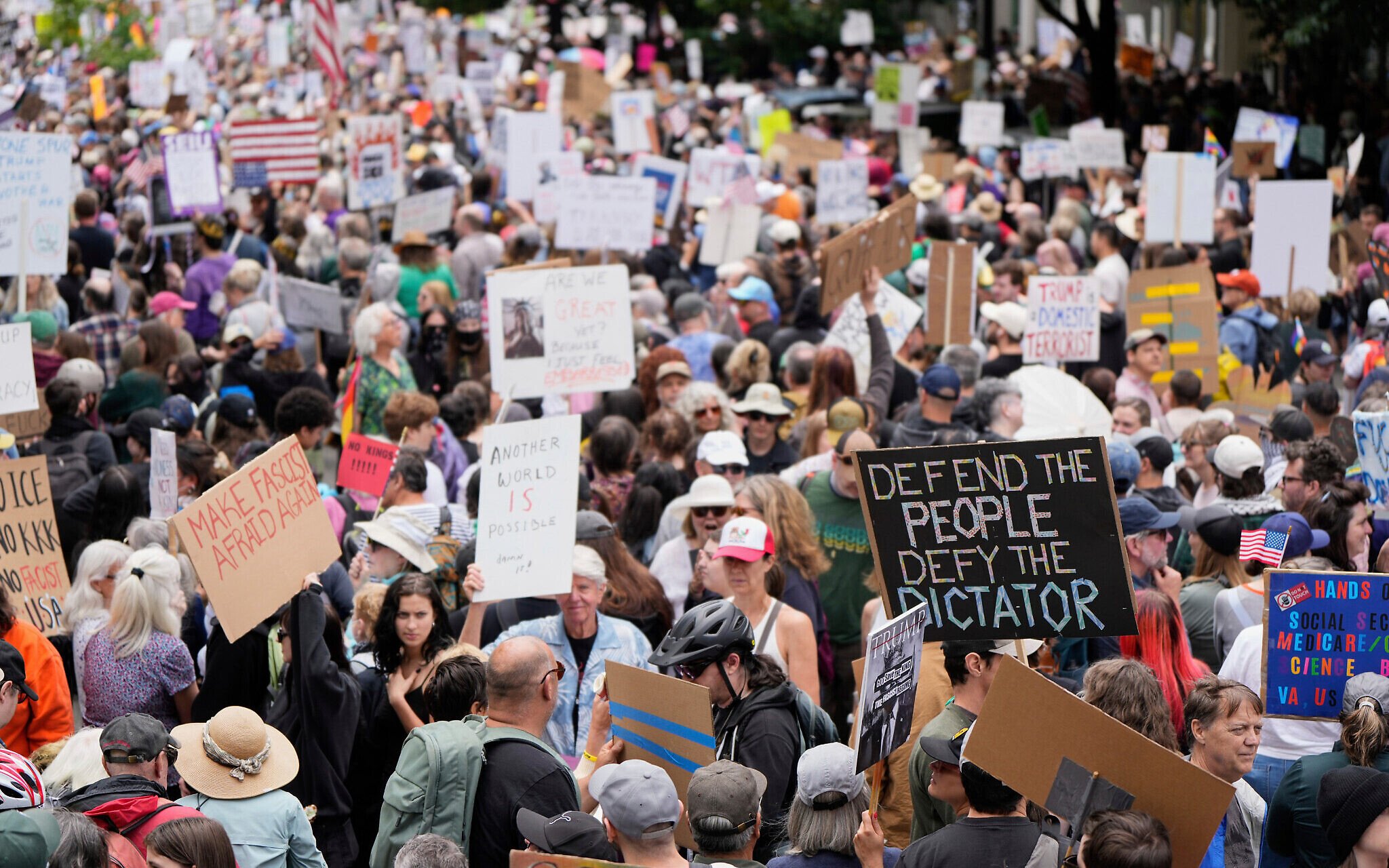Sukkot, a festival marked by the building of temporary shelters, invites reflection on the nature of life and the pursuit of spiritual greatness. The holiday follows a period of self-improvement that begins on Rosh Hashanah and culminates in Yom Kippur, leading to the opportunity to bask in divine glory within the Sukkah. The Sukkah itself commemorates the Clouds of Glory and serves as a symbol of man's potential to reach the highest spiritual level, provided he aligns his will with that of the divine.
During Sukkot, prayers and rituals emphasize the ongoing process of repentance and self-betterment, with the shade of the Sukkah representing both protection and the fusion with divine presence. The festival also serves as a reminder of the impermanence of worldly existence and the enduring significance of spiritual deeds. Rabbi Twerski's teachings highlight the expectation for individuals to strive for greatness, even in the face of human imperfection.
Ultimately, Sukkot underscores the balance between mercy and justice, with the temporary shelter pointing to the eventual revelation of divine truth. The festival's themes resonate with the hope for protection and redemption, both in personal spiritual journeys and in the broader destiny of the people.

 image sourced from original article at
image sourced from original article at 


